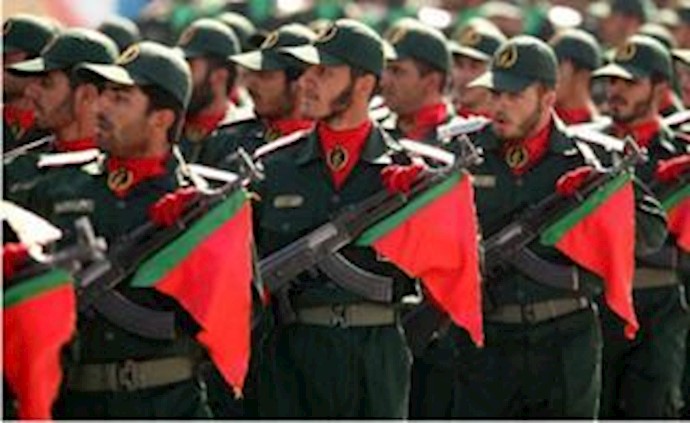By AL ARABIYA, Dubai/Washington, 14 October 2011
The United States held direct contacts with Iran over allegations that Tehran was behind an alleged plot to kill the Saudi ambassador on U.S. soil, the State Department said on Friday, dismissing Iranian denials that any meeting had taken place.
In a message sent to the U.N. Security Council, Saudi Arabia, meanwhile, asked the council to probe the Iranian plot to assassinate its ambassador in Washington, Al Arabiya reported.
“I will again confirm that we did meet with the Iranians. It was two days ago. They know that very well, and any efforts on their part to deny it speaks again to how truthful they are about any of these sorts of matters,” State Department spokeswoman Victoria Nuland said, according to Reuters.
U.S. authorities said on Tuesday they had broken up a plot by two men linked to Iran’s security agencies to kill Saudi Ambassador Adel al-Jubeir in Washington. One was arrested last month while the other was believed to be in Iran.
“The substance on our side was to make absolutely clear that we consider this whole behavior a violation of U.S. law, a violation of international law and unacceptable and that we intend to hold them to account,” Nuland said, but declined to say who took part in the meeting or where it took place.
In this regard the Washington Post revealed some facts about the Iranian plot. It said that the Iranian suspect Arbabsiar made a phone call on Oct. 4 to his main Quds Force contact, Gholam Shakuri, who is said to have helped plan the Bahrain unrest.
“The Iranians are stressed, at home and abroad, in ways that are leading them to engage in riskier behavior,” David Ignatius wrote on the Washington Post.
“Officials say Quds Force operations have been more aggressive in several theaters: in Syria, where the Iranian operatives are working covertly to help protect the embattled regime of President Bashar al-Assad; in Iraq, where the Quds Force this year stepped up attacks against departing U.S. forces; in Afghanistan, where they have been arming the Taliban; in Azerbaijan, where they have been more aggressive in projecting Iranian influence; and in Bahrain, where their operatives worked to support and manipulate last spring’s uprising against the Khalifa government,” wrote Ignatius.
“But why the use of Mexican drug cartels? U.S. officials say that isn’t as implausible as it sounds. The Iranians don’t have the infrastructure to operate smoothly in the United States. They would want to use proxies, and ones that would give them ‘deniability’,” wrote Ignatius in his article on the Washington Post.
U.S. President Barack Obama warned Iran it would face the toughest possible sanctions over the alleged plot.
Earlier on Friday, Iran’s semi-official Mehr news agency reported that an official at Iran’s U.N. mission denied that Tehran had been in direct contact with the United States over the assassination plot allegations.
“There has been no direct contact between the two countries,” Alireza Miryousefi, an official in charge of the media at Iran’s U.N. mission, told Mehr.
Iran called the accusations a fabrication designed to stoke tensions in its relations with its neighbors, already under strain over its nuclear program.
Iran and the United States are at loggerheads over Tehran’s disputed nuclear program, which Washington and its allies fear is aimed at making a nuclear bomb.
Tehran denies this, saying it only wants to generate electricity. The plot allegation raises tensions to a new level between the Obama administration and Iran.
The United States is looking to beef up international support for fresh sanctions against the Central Bank of Iran, a Treasury official said Friday.
“We are engaging in an effort to develop the multilateral support that would be critically important in having an action against the CBI really be effective,” sanctions czar David Cohen told a House of Representatives hearing, according to AFP.








